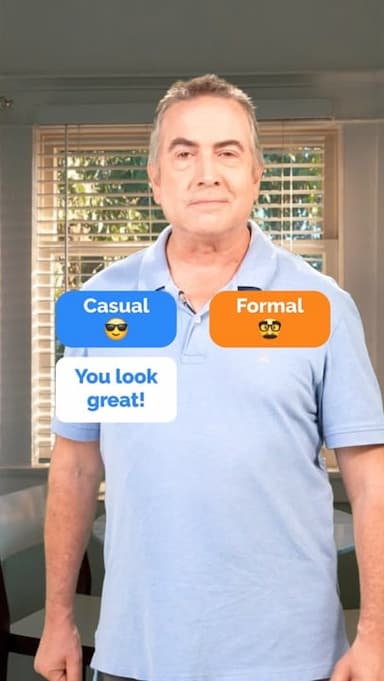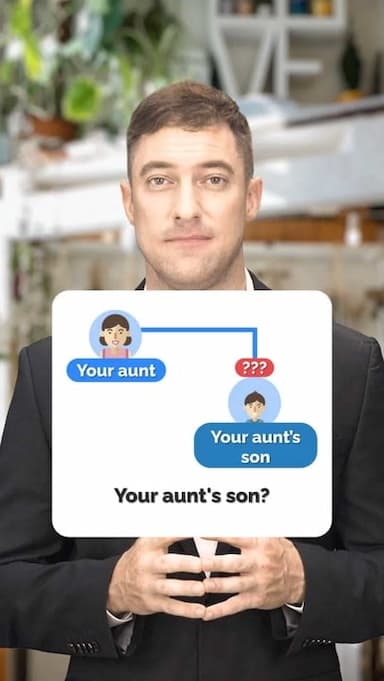Formal vs. Casual Vocabulary – Learn Key Word Differences
Understanding the difference between formal and casual vocabulary helps you communicate more effectively in different situations. Casual words are common in everyday speech, while formal words are used in professional or academic settings.
For example, instead of saying soon, you can say shortly in formal writing. Rather than now, use currently for a more professional tone. Later can be replaced with subsequently, and before with prior in formal contexts. Instead of then, the word thereafter sounds more polished. Finally, rather than saying after, you can use following for a more sophisticated touch.
Using the right vocabulary depending on the context helps you sound more natural and professional. Whether you are writing an email, speaking in a business meeting, or having a casual conversation, knowing when to use formal or casual words will enhance your English skills. Keep practicing these vocabulary differences to improve your fluency and confidence!
Get the full app experience
Engaging video lessons and fun quizzes to help you ace your English.
Improve your English Level
Improve your pronunciation
Practice conversations
Sharpen your listening Skills
Fix common mistakes in English
Learn Grammar in a fun way
Expand your English Vocabulary
Coming soon to Google Play

© 2023 fluentjoy.com











